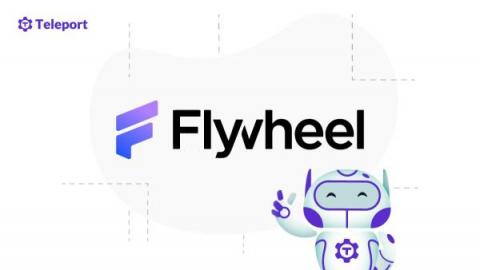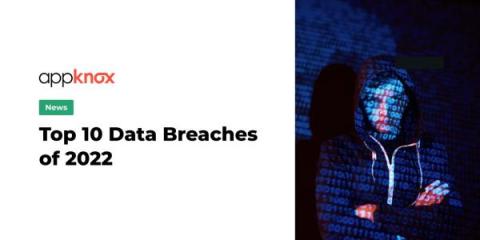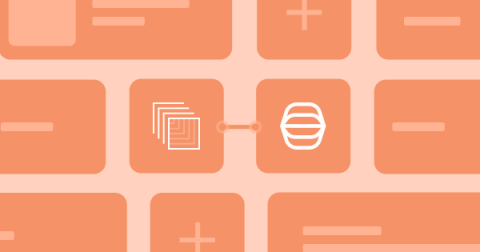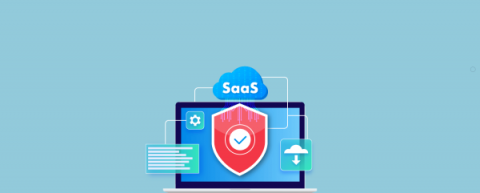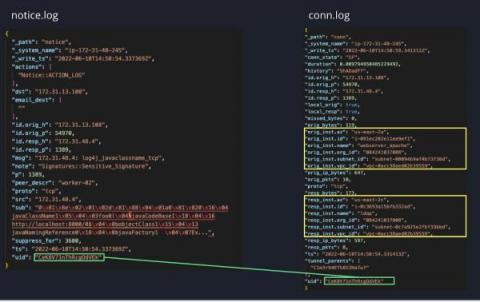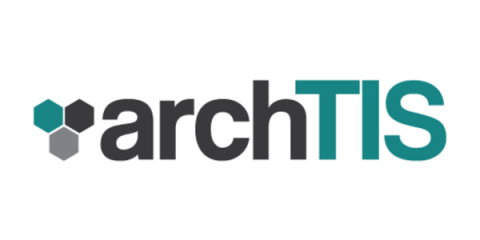Flywheel Accelerates Deployments and Provides Agile, Compliant Support for Biomedical Researchers using Teleport
As companies increasingly move to remote workforces, the need for secure and rapid offboarding has never been greater. Flywheel, a digital agency that specializes in healthcare and life sciences, has found great success using Teleport to streamline its offboarding process. Flywheel had been using a traditional VPN solution to grant access to customer environments, but found the process to be slow and cumbersome.


